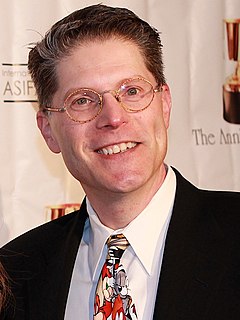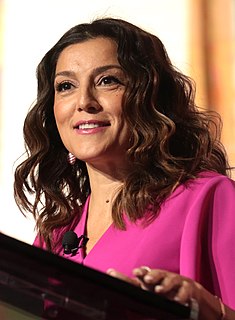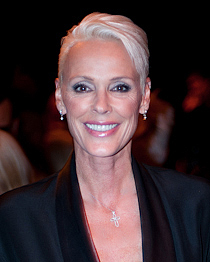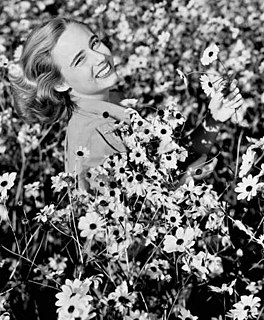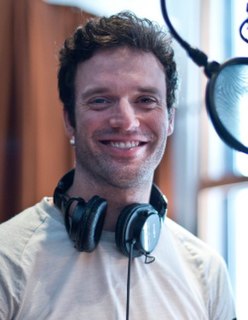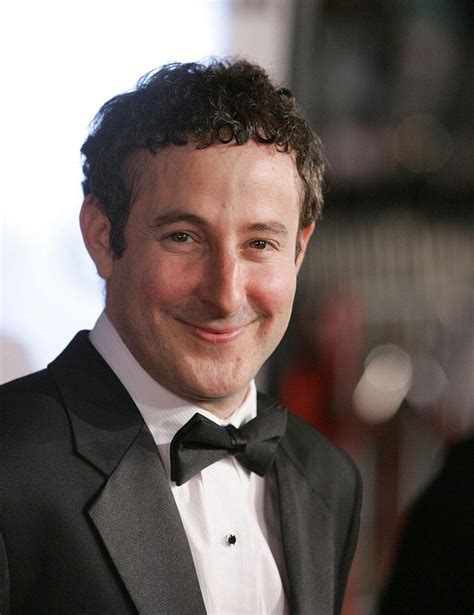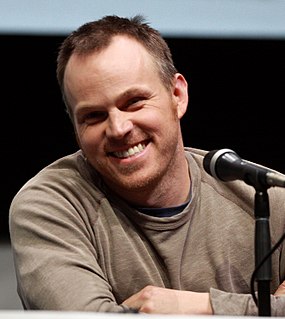A Quote by Bob Bergen
I had a very specific goal and I think kids, more than adults, don't understand obstacles and competition. I wanted to be this one cartoon character [Porky Pig], couldn't figure out why I couldn't do it, other than living in the midwest.
Related Quotes
Most people who go into show business want to go into show business. I wanted to be Porky Pig. That was my goal in life when I was five, to which my mother said, you can't be Porky Pig. You're Jewish! I don't think she realized what I wanted to do with the pig...I didn't want to eat him, I wanted to voice him.
It was fun figuring out the science of the world as much as we wanted to figure out, and then playing fast and loose in other places. Which we do with our show in general. One of the things we love about the BoJack Horseman show is that we can always fall back on, "It's a ridiculous cartoon." And it is! It's a serious, relationship-based grounded character tragedy, but it is also a ridiculous cartoon.
I worked with some of the best actors I've ever worked with: Mel Blanc and Don Messick. They could play a scene against themselves. Think of the characters that Mel created, and they're as good or better than any performance anyone has ever given. I mean: Daffy Duck! Think of the specific voice Mel gave Daffy Duck or Bugs Bunny or Porky Pig... It's just astonishing.
Why are murder mysteries so popular? There's a 3-part "formula" (if you want to call it that) for a genre novel: (1) Someone the reader likes and relates to (2) overcomes increasingly difficult obstacles (3) to reach an important goal. The more important the goal, the stronger the novel. And the most important goal that any of us have is survival. That's why murder mysteries are more gripping than a story titled "Who Stole My TV Set.
I went to a school where everyone was smarter than me. And I'm not blowin' smoke, I, my, I was surrounded by genius, genius kids. What's interesting about growing up in a culture like that is you go, "All right, I gotta figure out what my thing is. Because I'm not smarter than these kids. I'm not funnier than half of them, so I better figure out what it is I wanna do and work really hard at that because intellectually I'm treading water to, to be here."
We have to know cognitively what another mind is thinking and also empathically what they're feeling. And of course, in general, that's always the case, but it's often very generic. Like with Leo Cullum's doctor, it's just the fact that people in general are cruel and insensitive. But in the Barbara Smaller cartoon, we understand it's this particular person or this specific sub-class of person and her particular needs and desires, and that's different than a pun cartoon in which it's just semantic.
I think it's really important, when you're redefining a character [ Spider-Man], for the audience to experience things that they haven't experienced, from the ground up. I wanted to build a character. I feel like point of view is a really crucial thing in the story, and that you need to build up the emotional building blocks, so that you can experience all the other emotions in a very specific way, rather than just experiencing it in an intellectual way.
